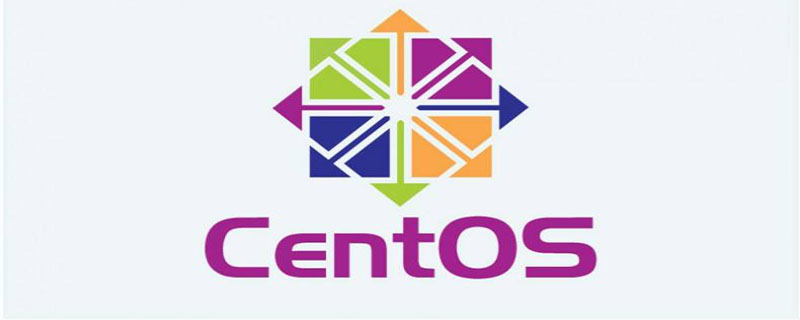

1. Introduction
UUID means Universal Unique Identification Code, which is a standard for software construction and is also used in distributed computing by organizations of the Open Source Software Foundation. part of the environmental field.
2. Function
The purpose of UUID is to allow all elements in the distributed system to have unique identification information, without the need for identification through a central control terminal. Designation of information. This way, everyone can create UUIDs that don't conflict with anyone else's. In this case, there is no need to consider the duplication of names when creating the database.
3. Composition
UUID refers to a number generated on one machine, which is guaranteed to be unique to all machines in the same time and space. Usually the platform will provide a generated API. Calculations based on standards set by the Open Software Foundation (OSF) use the Ethernet card address, nanosecond time, chip ID and many possible numbers.
UUID is a combination of the following parts:
(1) Current date and time, the first part of UUID is related to time, if you generate a UUID, after a few seconds it will To generate a UUID, the first part is different and the rest are the same.
(2) Clock sequence.
(3) Globally unique IEEE machine identification number. If there is a network card, it is obtained from the MAC address of the network card. If there is no network card, it is obtained by other means.
The standard UUID format is: xxxxxxxx-xxxx-xxxx-xxxx-xxxxxxxxxx
(8-4-4-4-12). You can download CreateGUID() UDF from cflib for conversion.
4. Check the hard disk UUID
Method one:
ls -l /dev/disk/by-uuid
Method two:
blkid /dev/sda5
Recommended tutorial: centos tutorial
The above is the detailed content of What is uuid in centos. For more information, please follow other related articles on the PHP Chinese website!